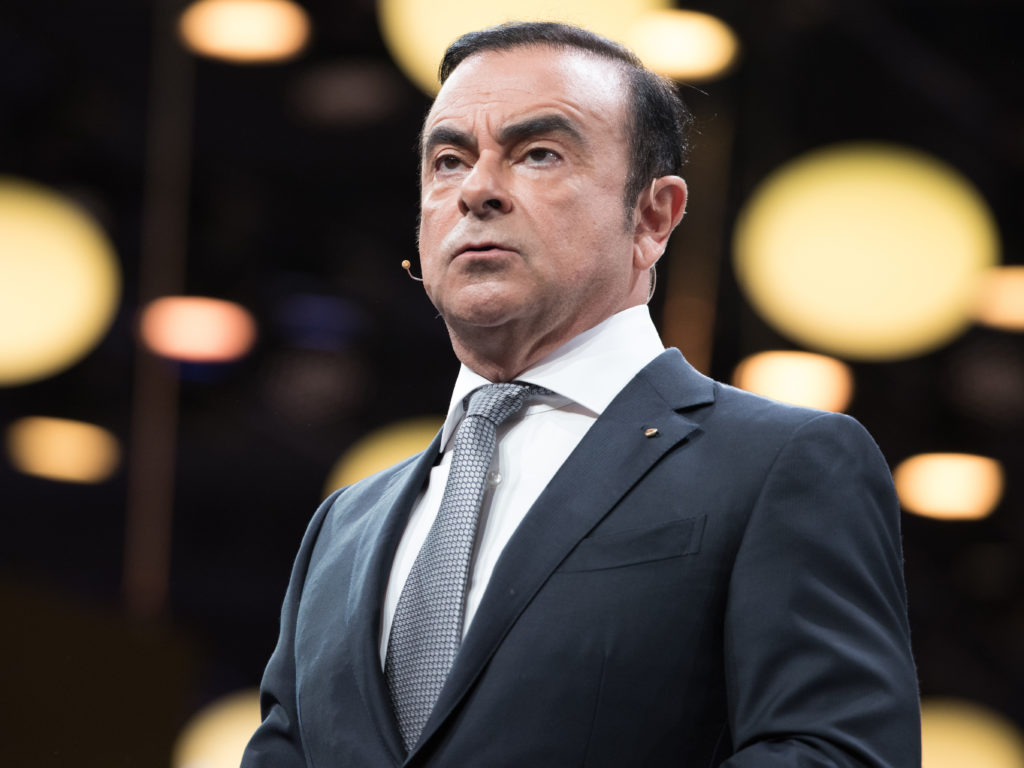
INTERPOL has issued a Red Notice in respect of former Nissan and Renault chairman Carlos Ghosn. Mr Ghosn arrived in Lebanon on Tuesday 31 December 2019, having fled custody in Japan, having been smuggled aboard a private jet which took him first to Turkey, before arriving in Beirut.
Mr Ghosn was initially arrested in Tokyo in November 2018 and charged with underreporting his income by $80m. He was also accused of using Nissan company property for personal gain. He paid a $1m fine to the US Securities and Exchange Commission on similar allegations.
After being released on bail in April 2019, for which he was required to provide $14m in security, Mr Ghosn was the subject of 24-hour surveillance in his court-appointed residence in Tokyo. While the details of Mr Ghosn’s escape are not fully known, Turkish media reports that seven arrests have been made in Japan in connection with the case.
Mr Ghosn holds French, Lebanese and Brazilian citizenship and has invested heavily in the banking and real estate industry in Lebanon. INTERPOL Red Notices are not arrest warrants and are not binding on member states of INTERPOL and so it remains to be seen how the Lebanese authorities will respond to the request for Mr Ghosn’s arrest. However, it appears unlikely that Mr Ghosn would face extradition from Lebanon, which does not have an extradition treaty with Japan. France has also stated that if Mr Ghosn arrived in the country, he would not be extradited as France does not extradite its nationals.
Mr Ghosn maintains that the case against him was “rigged” and that he was a victim of a “hostage justice system”. The case has further shed light on the state of the Japanese criminal justice system which boasts a 99% conviction rate and has been the subject of criticism by human rights organisations.



Recent Comments